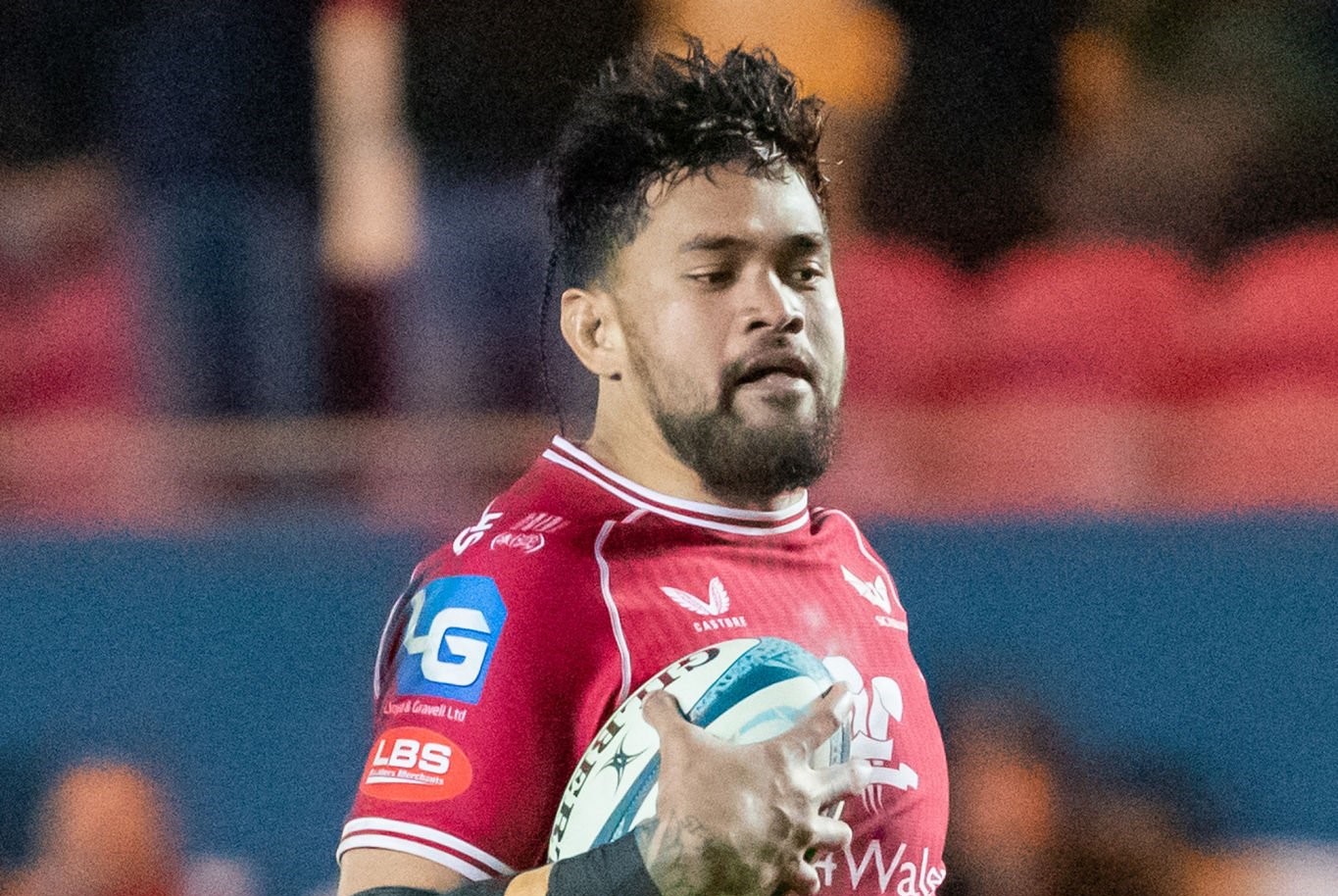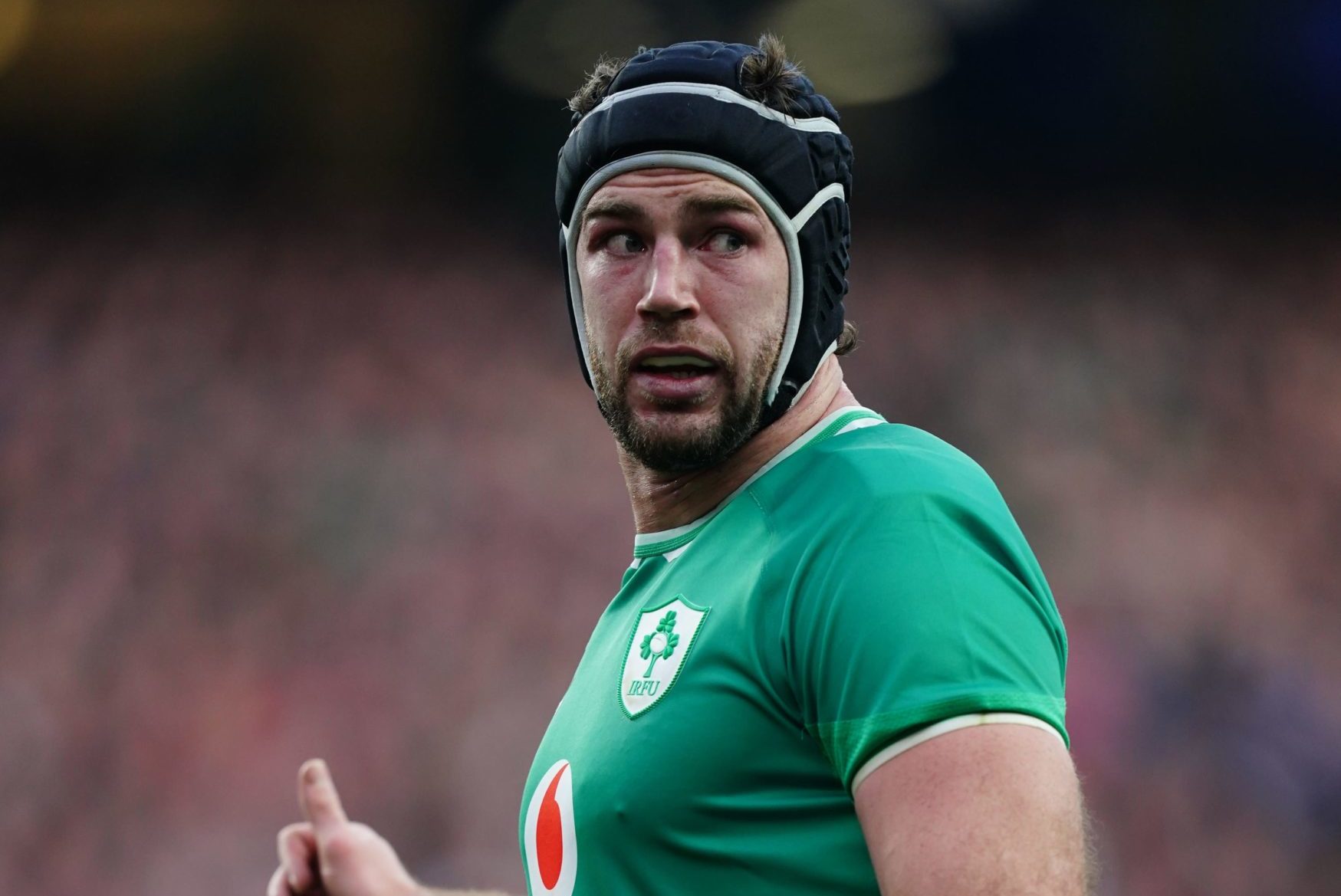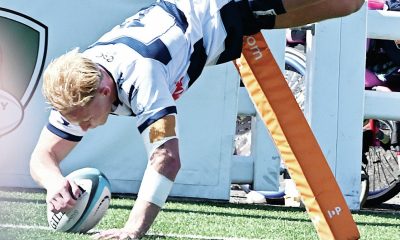 I apologise if I sound like angry from Tunbridge Wells but am I the only one a little puzzled by all this fuss about the Lions first real game? We have had the great and the good complaining that the Western Force team was an insult to the Lions, so much so that according to Sir Clive Woodward it could threaten future Lions tours to Australia.
I apologise if I sound like angry from Tunbridge Wells but am I the only one a little puzzled by all this fuss about the Lions first real game? We have had the great and the good complaining that the Western Force team was an insult to the Lions, so much so that according to Sir Clive Woodward it could threaten future Lions tours to Australia.
There is no doubt that the Western Force team was not by any measure worthwhile opponents for the Lions – but is that a surprise?
The fact the Lions have faced the same province first up on tour since 1930, winning 71-3, then again in 1966 winning 60-3 and in 1989 winning 44-0 should have been a clue to the fact that Western are the chosen lambs that are to be slaughtered by the incoming Lions.
Last time the Lions played the Western Force in 2001 they won 116-10, so a 69-17 result this time shows that Western have at least improved a little in the last 12 years! But, joking aside, facing a weak team in your first game on tour is actually something of a tradition.
Every overseas tour is structured roughly the same. As a team you arrive in the host nation, usually spend a few days acclimatising and training and then play the first game against the weakest team you will face on tour.
As an England team the first Saturday game we played was against either New South Wales Country or Queensland Country, these were the second teams of those respective provinces.
There would then be a midweek game against a slightly better side before playing the ‘senior provincial side’ the following Saturday and that pattern would be followed for the rest of the tour with the midweek team facing the weaker sides.
Every Lions manager not only likes, but needs, to have a number of build-up games before his team faces a real test and rightly so.
I know it is stating the obvious that the Lions are made up of players from four countries and even if the manager has preconceived ideas as to the team he wants to field, he has to be able to see how a number of combinations of different players work together to find the best XV.
If the Lions (or any other invitation team) were forced to face the best teams at the start of a tour they would be on a hiding to nothing (rather like the Barbarians against both England and the Lions) and would probably lose the Tests.
That said, there is a difference between a weak team and a weakened team, England have taken a weakened squad to Argentina, as a number of their established players are with the Lions and that has given a few players the chance to stake a claim for a place in a developing England team.
Western Force are a weak team, their position (13) at the bottom of the Super 15 rugby table says it all. Even if they had fielded their best side the result would probably have been the same, so coach Michael Foley took the chance to see what he has in reserve.
By picking a number of new players there was a chance, albeit a slim one, that Western could have offered a slightly better opposition than the full, established team. Those that doubt the seriousness with which the Australians take the Lions have failed to see the bigger picture that is the Australian Rugby Union.
Rugby Union is ranked about fourth in terms of support in Australia, (below Aussie Rules, Rugby League and cricket) so it desperately needs a successful Test series against the Lions to give the Union game a much needed boost both on and off the field.
The Aussies will do anything to win this series and will try to gain any advantage they can in the build-up to each of the Test matches and if that means fielding weak sides for the midweek games, so be it. After all, how many people commented on the 116 points leaked by Western Force in 2001 when the Lions lost the series 2-1?
The veiled threat to players that if they react to intimidation tactics from their opponents they will not be picked for the Test team could be one of the best team building exercises that Gatland has used.
After the England games against Wales in 1987 and 1989 which both degenerated into mass brawls, the RFU told England team manager Geoff Cooke that he was to ‘drop’ any player who threw a punch during a game.
Cooke called a meeting of the England squad and told us what had been said and that his position would be untenable were he to refuse to act.
We, as a group, took the view that as none of us were likely to start a fight any punch thrown would probably be retaliating in self-defence following an assault (as was the case in Wales in 1987 and 1989), so we asked if that would also result in the player being dropped. Geoff said, Yes.
We said that was unfair because if the opposition knew that we could not retaliate we would be targeted which could have serious implications.
No player wants to risk his or her place in the team but to play under a constant threat that you will not be selected if you react to an attack by defending yourself, renders you ineffective in a game.
Rugby is a physical game and, sadly, a small group who play take the physical nature of the game as carte blanche to overstep the fine boundary between the game and violence and so we, as a squad, decided that if a player retaliated against an attack, we would all hit the nearest player to us in a sort of reprised ‘99′ call, as we believed that while they may drop a player they could not drop all 15.
Fortunately, it wasn’t put to the test for a number of years but it bought us together, just as it could the Lions.

1 Comment
You must be logged in to post a comment Login
Leave a Reply
Cancel reply
Leave a Reply
You must be logged in to post a comment.

United Rugby Championship
Vaea Fifita’s commanding presence has Scarlets pushing for URC play-off spot

British and Irish Lions
British and Irish Lions Watch: Caelan Doris confirmed to miss the tour with injury


























Pingback: ข่าวบอล